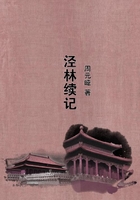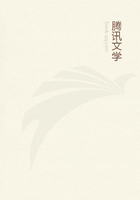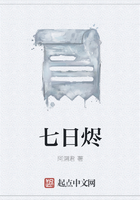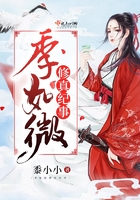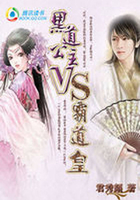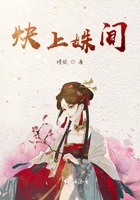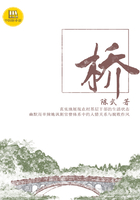The State of the Modern Russian Family, and Particularly that of the Joint or Household Community of Great Russia We believe that the theory of the matriarchate finds a solid basis in the past history of the Russian family. The present condition of the latter seems to prove that the next stage in its evolution was the household community, composed of persons united by descent from a common forefather and accompanied by that worship of ancestors which usually resulted from it. The complete subjection of the wife to the husband, and of the children to the father; community of goods and the common enjoyment of their produce by the relatives living under the same roof; the acknowledged superiority of old age and of direct descent from the common ancestor; the total absence of testamentary dispositions of property, and even of that mode of legal succession which supposes partition, and the exclusion of the more remote by the nearer kin; the elimination of women from participation in the family estate because marriage makes them aliens; all these features of the patriarchal family so ably illustrated in the works of Sir Henry Maine, reappear in the modern constitution of the Russian family. I mean, of course, that of the country people, the middle and higher classes having already adopted European manners and customs, and being on that account subjected to a legislation which, on more than one point, is in direct opposition to customary law.
Let us study one by one the characteristic features of this family constitution of the peasant, a constitution more like that of the early Celts and Germans than that of any of the modern nations of Europe.
The great importance still attached by the Russian peasant to agnatism, that is to relationship on the father's side, is shown by the part which ancestor worship plays even now at the celebration of a country wedding. Before becoming a member of her husband's family, the bride must sever all the ties which have hitherto bound her to the house-spirits under whose protection she has passed her youth, and must solemnly adopt the worship of those of the family into which she is about to enter. This public manifestation of a change of worship is most clearly seen in the wedding ceremonies of the Southern Slavs. It is not so distinctly preserved in those of the Eastern Slavs. Both these races being identical as to their origin and nature, I will begin by first stating the religious customs, customs of an undoubtedly pagan origin -- still in use at Bulgarian betrothals. "In Lika," says M. Bogisic, "the bride, before leaving her father's house, goes three times round the hearth, prostrating herself. each time, as if to implore forgiveness." As you are aware of the intimate connection which has existed between the worship of the hearth and that of the family ancestors, I need not tell you that the act performed by the Bulgarian bride before leaving her parent's house has no other meaning than that of a last invocation of the house-spirits whose worship she is on the point of abandoning.
The spirits are supposed to be hurt by the decision she has taken to withdraw to her husband's homestead, and to be appeased by an act of humiliation on her part. When she is once in the bridegroom's house the maiden is obliged to perform another ceremony; she must seat herself close to the hearth, in order to keep up for a short time the fire burning thereon by pieces of wood thrown on to it with her own hands. The symbolical character of this ceremony may easily be perceived. The young wife is on the point of becoming a member of the house community of her husband, and as such, a participant in its family worship. Her acquiescence must be expressed by a symbol, and her keeping up the fire on the hearth is precisely such a symbol. The custom just described exists all over Bulgaria and has been more than once alluded to by modern ethnographers, M. Bogisic, Mr. Krauss, and others.
Let us now examine the corresponding customs of the Russian peasantry. In little Russia the bride, while her father is discussing the question of her marriage with the person sent by the bridegroom, is obliged by custom to remain near the hearth, towards which she stretches out her hand. By so doing she expresses her desire still to remain under the protection of the house-spirits of her family, the so-called "domovoi." A century ago, according to the statement of Kalinovsky, the day on which the bride was taken to the house of her future husband, a great fire was lighted in the yard before it, and the young couple were obliged to cross it sitting in their carriage. This custom is still observed in certain parts of the Government of Kiev, but only in those cases in which the bride is known to have misbehaved before marriage. Heaps of straw are kindled on such occasions in the yard before the bridegroom's house, and the bride who has passed safely over these fires is considered to be purified. But this does not prevent her, as soon as she has entered the house of her husband, from seeking refuge at the hearth, where she stands for a while singing a carol, the meaning of which is that she laments her past bad conduct and promises to be a good wife.
I beg you to observe that the fires are lighted in the yard of the bridegroom's house and that they are to be considered as being in direct relation with the house-community to which he belongs. Not every fire has the power of purification, only that which represents the family hearth. It is to this hearth that the young wife appeals for protection, should she have any reason to fear any ill-treatment from her husband's family, on account of her former conduct; it is before this hearth that she confesses and repents and promises to be a good and faithful wife.

